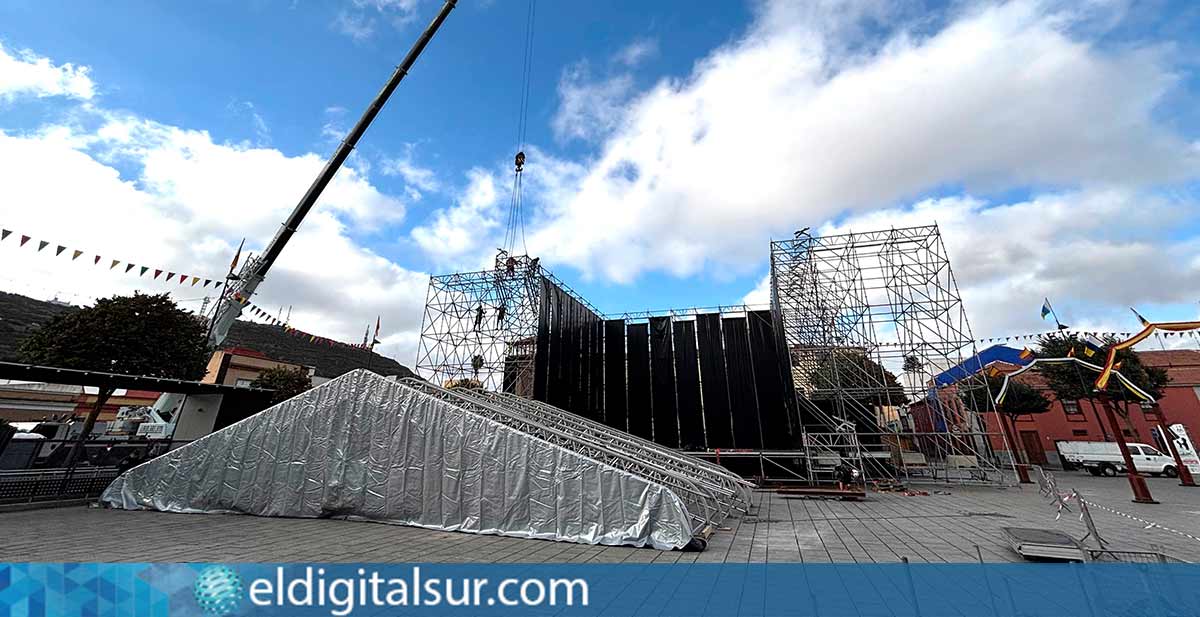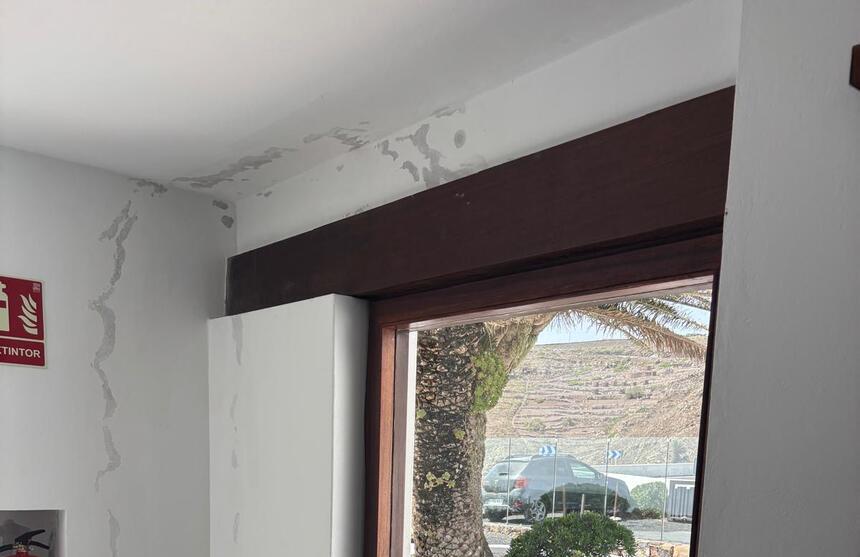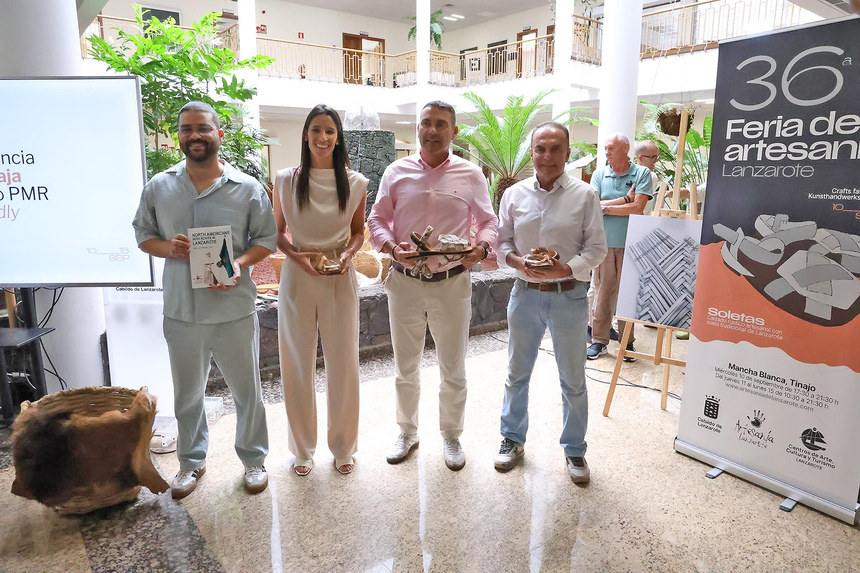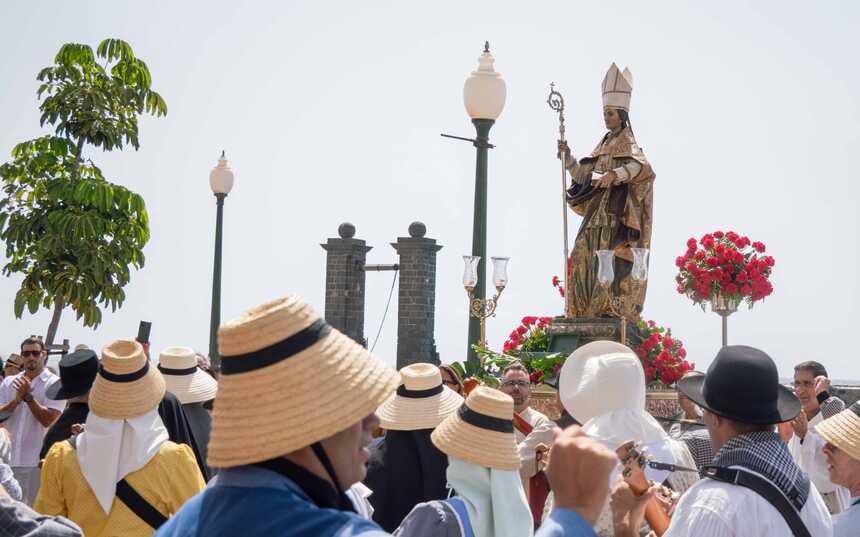
➡️
The restoration project of the Cumbres de Famara, finalist in the national competition ‘Europe Feels‘
A national recognition for the Canary Islands
The Restoration of the Cumbres de Famara project, developed by the Ministry of Ecological Transition and Energy of the Government of the Canary Islands and co-financed by the European Regional Development Fund (ERDF), has reached the final stage of the national competition Europe Feels.
This third edition received over 240 applications from across Spain, of which only three projects have made it to the finals in the Europe Feels Green category:
- Restoration of the Cumbres de Famara (Canary Islands)
- Beerisk (Andalusia)
- Central de Calor Txantrea (Navarra)
The finalists will present their proposals on 10 October 2025 at the Annual European Funds Event in Santa Coloma de Gramenet (Barcelona).
A commitment to sustainability and fighting climate change
The area councillor, Mariano Hernández Zapata, emphasised that this recognition “establishes the Canary Islands as a benchmark in the restoration of unique and vulnerable habitats” and demonstrates how well-managed European funds enable the promotion of innovative projects in bioengineering, applied science, and social participation.
He also highlighted the role of the Biodiversity Service and the technicians who have worked with dedication and commitment to adapt Lanzarote to the challenges posed by climate change.
Project details
The Restoration of the Cumbres is a comprehensive intervention in one of the most ecologically valuable areas of Lanzarote, home to over 350 endemic species.
- Budget: over €1.7 million co-financed by the Canary Islands ERDF Programme 2014-2020.
- Production of 10,000 specimens of native flora from seeds collected from 40 species.
- Collaboration with public administrations, private entities, and the educational community.
- Involvement of the Ministry of Defence (EVA-22) in creating producing gardens.
This project represents a pioneering model of environmental restoration, with significant social and ecological impact that can be replicated in other areas of the Canary Islands and Macaronesia.
A call to the public
The councillor encouraged Canarians to support this project with their vote, which symbolises not only the defence of Lanzarote’s natural heritage but also a clear commitment to a sustainable and green future.














